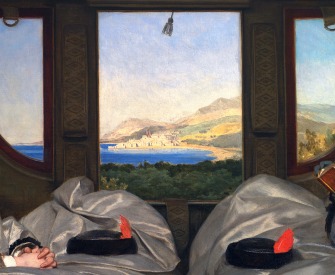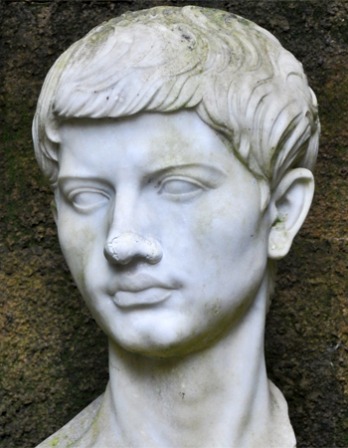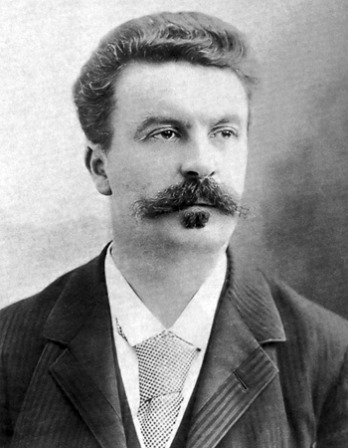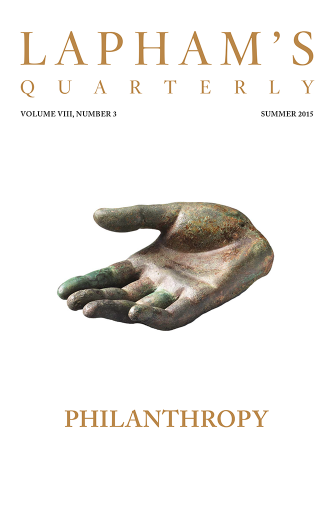After Father Enki had lifted his eyes across the Euphrates, he stood up full of lust like a rampant bull, lifted his penis, ejaculated, and filled the Tigris with flowing water. He was like a wild cow mooing for its young in the wild grass, its scorpion-infested cow pen. The Tigris rejoiced in its heart like a great wild bull, when it was born. It brought water, flowing water indeed: its wine will be sweet. It brought barley, mottled barley indeed: the people will eat it. Enki put on the diadem as a sign of lordship; he put on the good crown as a sign of kingship, touching the ground on his left side. Plenty came forth out of the earth for him.
Enki, the lord of the destinies, Enki, the king of the Abzu, placed in charge of all this, him who holds a scepter in his right hand, him who with glorious mouth submits to verification the devouring force of the Tigris and Euphrates, while prosperity pours forth from the palace like oil—Enbilulu, the inspector of waterways.
He organized plows, yokes, and teams. The great prince Enki opened up the holy furrows and made the barley grow on the cultivated fields. Enki placed in charge of them the lord who wears the diadem, the ornament of the high plain, him of the implements, the farmer of Enlil—Enkimdu, responsible for ditches and dikes.
The lord called the cultivated fields and bestowed on them mottled barley. Enki made chickpeas and lentils grow. He heaped up into piles the early, mottled and innuha varieties of barley. Enki multiplied the stockpiles and stacks, and with Enlil’s help he enhanced the people’s prosperity. Enki placed in charge of all this her whose head and body are dappled, whose face is covered in syrup, the mistress who causes sexual intercourse, the power of the land, the life of the black-headed—Ezina, the good bread of the whole world.
© 2003, 2004, 2005, 2006 by The ETCSL Project, Faculty of Oriental Studies. Used with permission of Oxford University Faculty of Oriental Studies.
From “Enki and the World Order.” Enki, whose name means “lord of the earth,” devised national boundaries and organized the pantheon. He was often represented as half-goat and half-fish, a crossbreed that forms the basis for the figure of the astrological sign Capricorn.
Back to Issue




